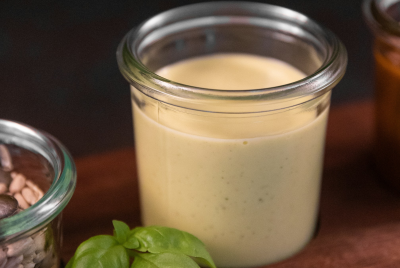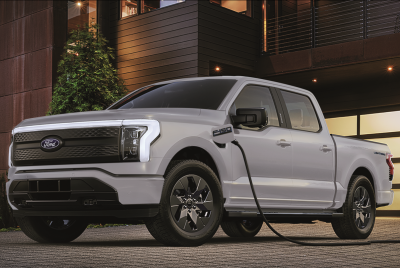Study reveals that 69% of consumers consider sustainable products and demand for eco-friendliness
While perceived higher costs remain a challenge, companies are increasingly transforming their offerings and embracing eco-friendly alternatives.

Sustainable products have become a crucial factor affecting consumers' shopping decisions in a time of increased awareness of climate change. In today's culture, these products are growing in significance since they provide advantages to the environment, society, and the economy over their entire life cycle.
According to a study conducted by Nisa, a prominent brand and grocery wholesaler in Britain, 69 per cent of consumers now consider sustainable products more important than ever before.
However, the belief that sustainable products are more expensive is a significant barrier preventing their wider adoption. Approximately, 41 per cent of consumers believe that sustainability comes at a higher cost. This concern underscores the urgent need to make sustainable options more accessible to the masses.
Recognising this demand, numerous companies have embarked on an innovative journey to transform their products into more eco-friendly alternatives. One of the pressing issues being tackled is single-use plastics, particularly virgin plastics. Companies such as Coca-Cola Europacific Partners (CCEP), Perfetti Van Melle, Lactalis UK and Ireland, and Radox are at the forefront of this sustainability revolution.
CCEP, for instance, made a commitment to producing all on-the-go bottles across its main brands in Great Britain entirely from recycled PET plastic (rPET). Amy Burgess, the Senior Trade Communications Manager at CCEP, explained that their bottles have been "100 per cent recyclable for many years", and now they have quadrupled their usage of rPET. As a result, the United Kingdom currently saves 29,000 tonnes of virgin plastic annually, equivalent to the weight of 2,292 double-decker buses.
Additionally, Burgess emphasised that they are moving all of their multi-packs from plastic shrink wrap to cardboard packaging. She claims this will eliminate the use of plastic in more than 30 million packs that are sold to customers annually. In January, Perfetti Van Melle became a member of The UK Plastics Pact. In its Chupa Chups lollipops last year, Talkingretail noted that Perfetti Van Melle switched out the plastic sticks for paper ones.
Over the next three years, this change, according to the retail platform, will eliminate around 5,000 metric tons of plastic annually worldwide. Additionally, the firm claims that the Mentos Paperboard Bottle, which was introduced by Perfetti Van Melle in November 2022, will cut the plastic used in Mentos Gum packaging by 93 per cent.
Lactalis UK & Ireland is also taking steps towards sustainable packaging by testing environmentally friendly options in its factories. The company aims to find alternatives to its current packaging materials, such as replacing multi-layered barrier film with a recyclable mono film for its cheddar products. This was revealed by the Group Marketing Director, Heloise Le Norcy-Trott.
Talking Retail noted that Radox has embraced the concept of refilling and reusing by modifying their bottles to accommodate their new 500ml refill packs. These innovative bottles use 74 per cent less plastic and are manufactured from 50 per cent post-consumer recycled plastic, showcasing Radox's commitment to reducing waste.
While reducing carbon emissions and striving for net-zero status remain priorities for manufacturers, sustainability concerns will continue to shape the market for years to come. For instance, CCEP has set a challenging objective to become a carbon-neutral business by 2040. The corporation intends to do this by 2030 by reducing absolute greenhouse gas emissions throughout its whole value chain by 30 per cent.
Another company, Andrex, has achieved tremendous progress in Britain by cutting its energy use by 23 per cent and greenhouse gas emissions by 55 per cent. Their Mega Roll formats, featuring 50 per cent more sheets and up to 22 per cent less plastic packaging, contribute to lower transportation needs, ultimately reducing their carbon footprint. The company has also eliminated plastic handles from their wrapped packs and incorporated at least 30 per cent recycled plastic in all primary packaging.
Addressing plastic waste requires collective efforts on a global and national scale. Recently, Japan and Britain worked together to create a partnership in renewable energy. This alliance intends to create renewable energy solutions in order to tackle the ongoing energy crisis and mitigate climate change.
People are becoming more aware of their impact on the environment, which is driving up demand for environmentally friendly products. Businesses are stepping up to the plate by implementing innovative solutions, reducing waste, and adopting eco-friendly procedures. It appears that with concerted work and continued innovations, a more sustainable future is possible.
© Copyright IBTimes 2025. All rights reserved.






















